Modern slavery and human trafficking
A global problem
Modern slavery acts as an umbrella term, covering several human rights issues, of which human trafficking is one. Essentially, modern slavery is the exploitation of people for their bodies and labour.
Modern slavery includes trafficking in persons, debt bondage, deceptive recruitment, forced labour, forced marriage, organ trafficking, servitude, sexual servitude and slavery.
People trapped in modern slavery situations of exploitation often cannot refuse or leave because of threats, violence, coercion, deception and/or abuse of power.
Our global response
Since 1865, The Salvation Army has worked globally to bring glimpses of the Kingdom of God through community-led responses to modern slavery and human trafficking. Today, we continue this work in over 130 countries.
Addressing modern slavery and human trafficking requires a holistic approach that addresses the underlying social, economic and environmental factors that contribute to vulnerability and exploitation.
By working together with our diverse teams and ministries units, we bring effective and creative community-led solutions.
Spot the Signs
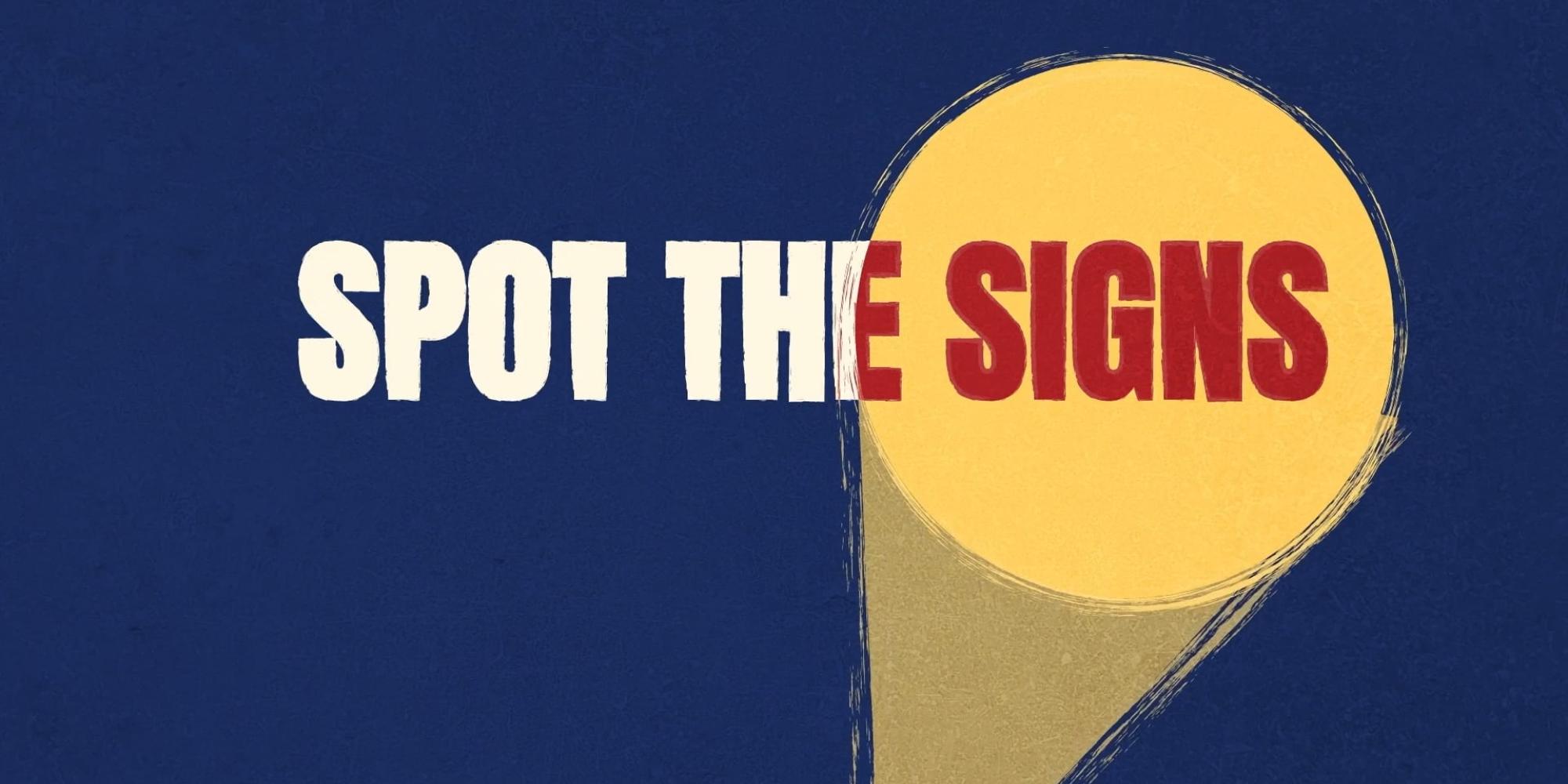
Victims often can’t ask for help. They rely on others – on you – to notice the signs and speak out.
Stories of impact
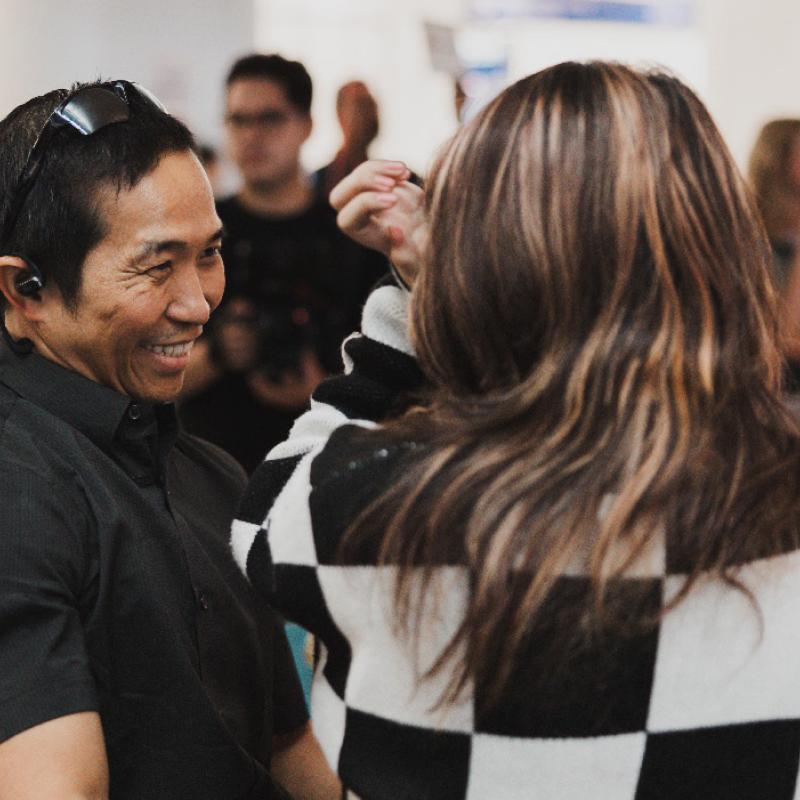
A Family's Reunion
Erwin left the Philippines when his daughter was four months old, arriving in the United States.
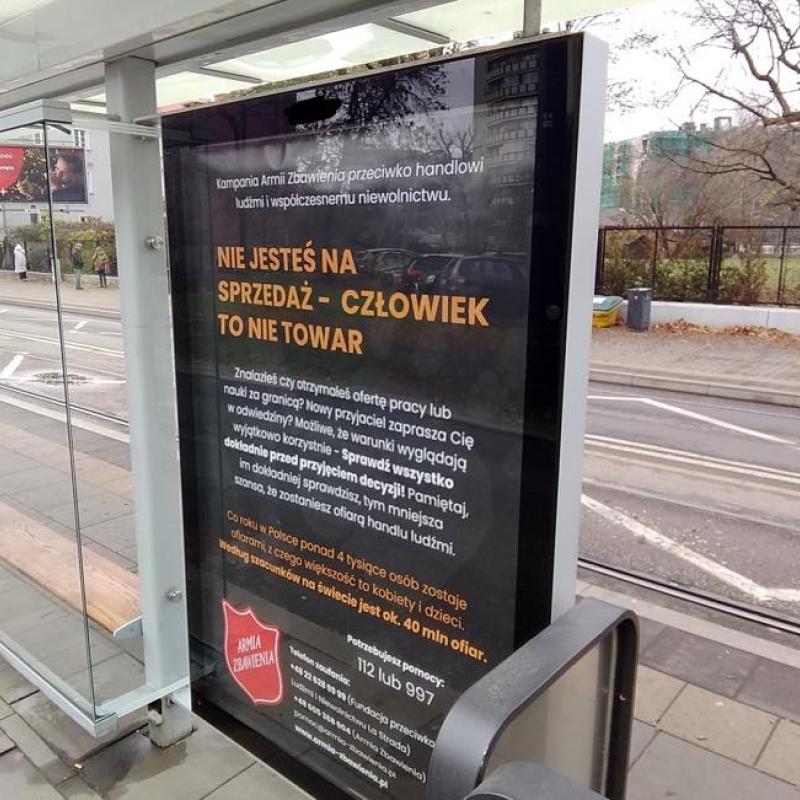
Safeguarding Potential Victims
Poland, at the heart of Europe, sees both migrants and Poles seeking opportunities abroad, making it a prime target for human traffickers.
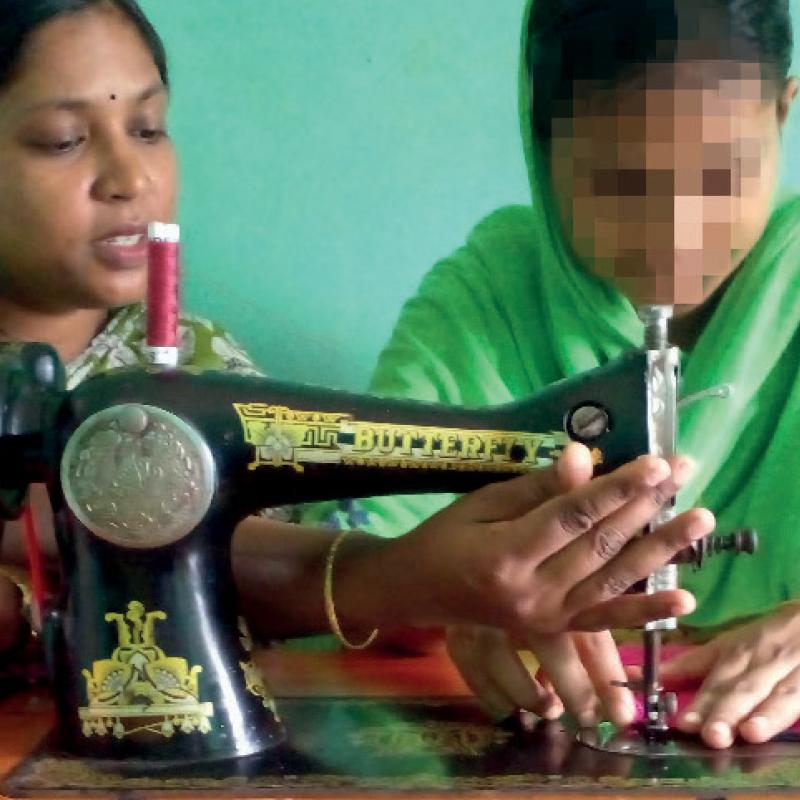
Saanvi and Ishra’s Story
The Salvation Army in Bangladesh operates a support programme near Jashore’s brothels to help vulnerable and exploited women and children who are e
Diego’s Story
When Diego, a 40-year-old male from Latin America, arrived at the Filemon Safe House, his face was weary, his eyes carrying the weight of a painful
Our impact in 2024
Biblical principles
The Salvation Army believes in the biblical principles of the inherent and equal value of all persons and the duty to care for one’s neighbour. The exploitation of human beings commodifies and dehumanises the individuals who are trafficked, rewards the inhumanity of the traffickers and weakens the moral, social and economic fabric of society.
The Salvation Army is opposed to the abuse of power against other human beings that is inherent in modern slavery and human trafficking (MSHT).
International day of prayer
On Sunday 28 September, people all around the world will gather to pray for the victims and survivors of modern slavery and human trafficking.
Join us as we pray for restorative justice, for those who work with victims and survivors and for a world where everyone is free.
Our holistic approach
The Salvation Army’s Freedom Action Framework has eight global response areas, expressing our holistic approach as a global movement.
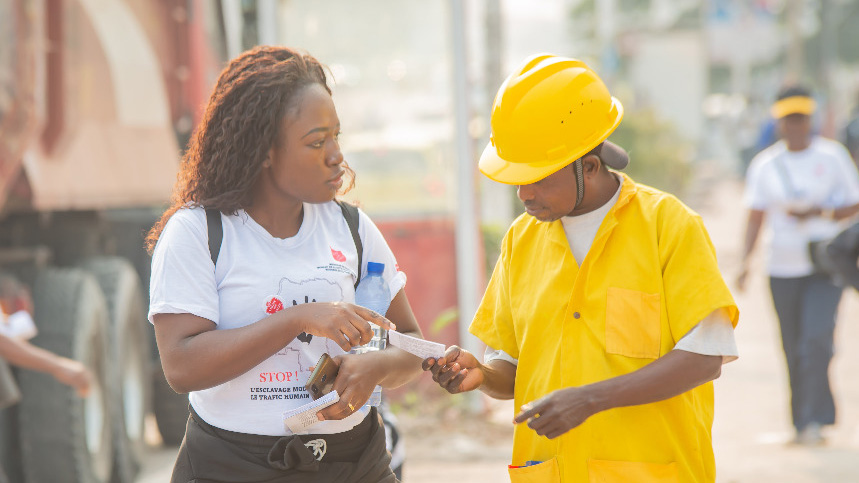
Prayer
Our responses to modern slavery and human trafficking are rooted in deep spiritual foundations.
Prevention
We raise awareness and address modern slavery and human trafficking root causes in local communities as a vital way to decrease vulnerability and increase well-being.
Protection
We walk alongside and serve survivors as they regain their physical, mental, emotional, relational and spiritual health.
Partnership
We partner with a global network to respond to modern slavery and human trafficking.
Participation
We invite and equip all Salvation Army people and ministry units to participate and respond to modern slavery and human trafficking.
Prosecution
We support survivors as they access legal assistance and we give our backing to restorative justice efforts.
Proof
We ensure our response contributes to and is received from research.
Policy
We create internal policies and advocate for external policies that reduce modern slavery and human trafficking and its demand in the communities we serve in.